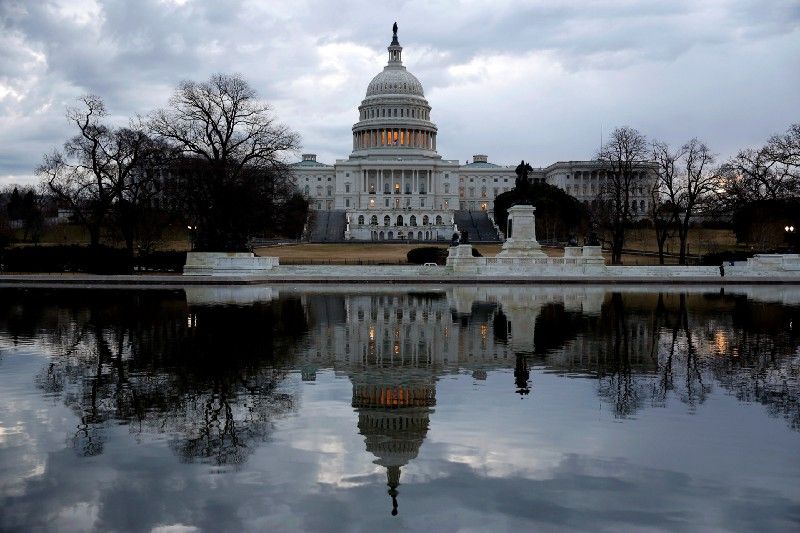January 23, 2018
Dear Americans, as you read this week about the particulars of the latest US government shutdown and stopgap funding deal, spare a thought for the confused citizens of other countries. Yes, there’s plenty of instability, unrest, and vitriol in their political lives too, but the shutdown seems to be a uniquely American phenomenon. Two quick points:
First, why does this seem to happen only in the US? In parliamentary systems, budget deadlocks often result in a vote of no confidence, and then a new government. But in the US, the presidential veto and the Senate filibuster enable one person or a small group of people to hold political rivals hostage over a political issue (in the current case, immigration reform) by preventing government from funding its own operations. Since the US doesn’t do early elections, the result is a bitter stalemate and, from time to time, a shutdown.
Second, more broadly: how does it look to the rest of the world? Well, it sure doesn’t help the already tarnished image of liberal democracy globally. “What’s happening in the United States today will make more people worldwide reflect on the viability and legitimacy of such a chaotic political system,” claimed an editorial by China’s state-owned Xinhua news agency on January 21. Like it or not, Xinhua is right — and a majority of Americans seem to agree.
More For You
Mastercard Economic Institute's Outlook 2026 explores the forces redefining global business. Tariffs, technology, and transformation define an adaptive economy for the year ahead. Expect moderate growth amid easing inflation, evolving fiscal policies, and rapid AI adoption, driving productivity. Digital transformation for SMEs and shifts in trade and consumer behavior will shape strategies worldwide. Stay ahead with insights to help navigate complexity and seize emerging opportunities. Learn more here.
Most Popular
Think you know what's going on around the world? Here's your chance to prove it.
President Donald Trump delivers an address to the nation from the Diplomatic Reception Room of the White House, in Washington, D.C., U.S. Wednesday, Dec. 17, 2025.
Doug Mills/Pool via REUTERS
Less than one day after US President Donald Trump declared a military blockade of sanctioned oil tankers from Venezuela, he addressed the nation during a rare primetime speech – but didn’t talk about Venezuela.
Indian Prime Minister Narendra Modi isn’t necessarily known as the greatest friend of Muslim people, yet his own government is now seeking to build bridges with Afghanistan’s Islamist leaders, the Taliban.
© 2025 GZERO Media. All Rights Reserved | A Eurasia Group media company.
